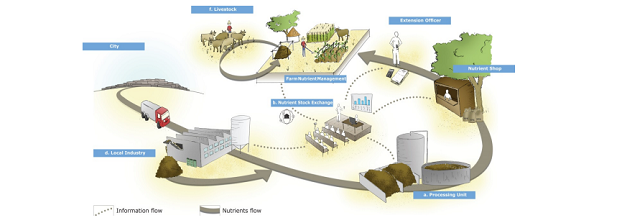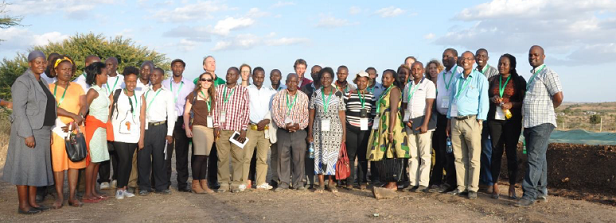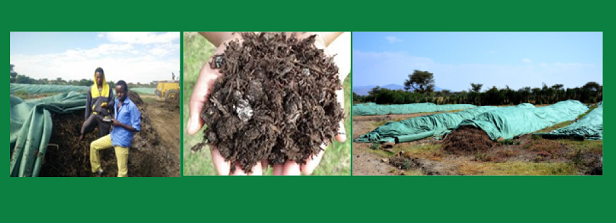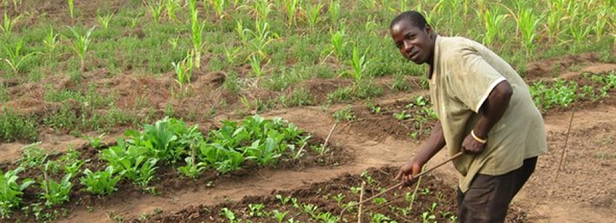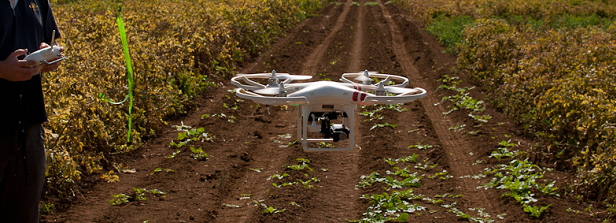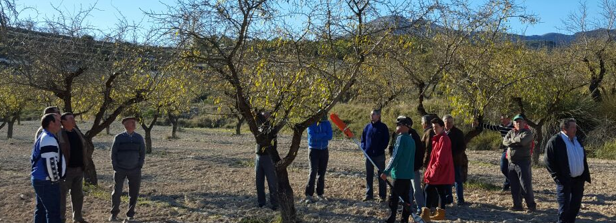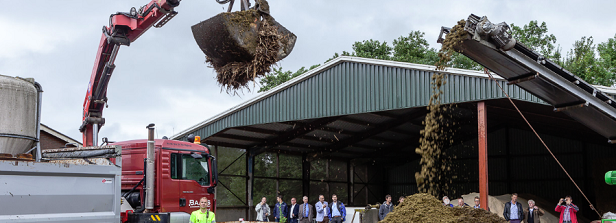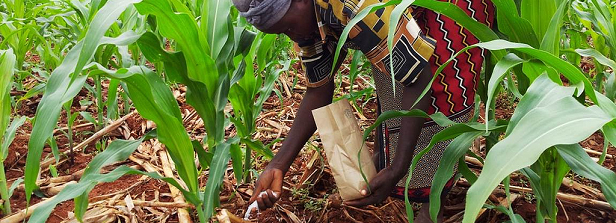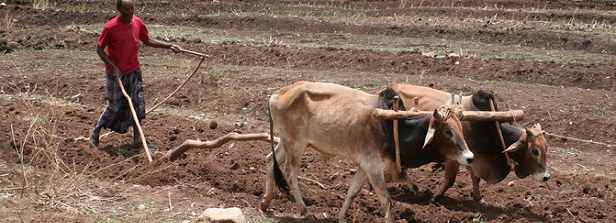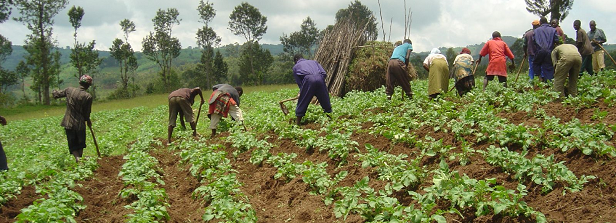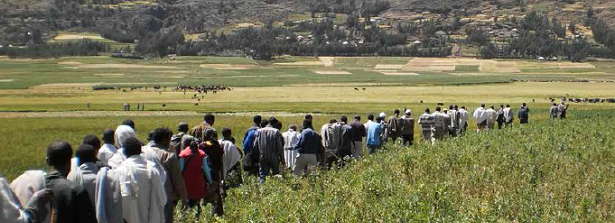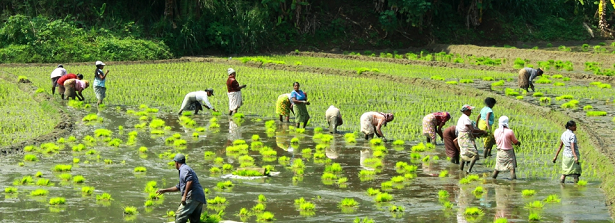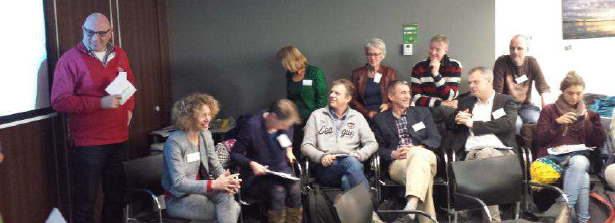Soil Management
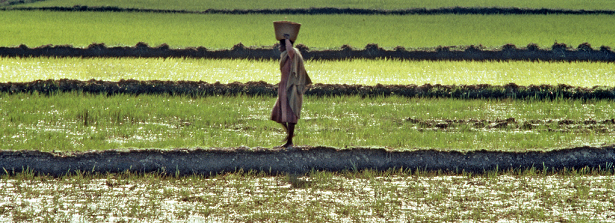
Food insecurity and soil fertility
Approximately 870 million people suffer from food insecurity worldwide. This figure is especially striking as many live in areas where there is a considerable gap between potential and actual production. Many live in regions where crop yields are very low and malnutrition is rampant. This situation will be further exacerbated by anticipated climate change, population growth and changing diets due to urbanization. The UN has repeatedly stated that food insecurity is the single greatest solvable problem facing the world today.
‘Food security is the single greatest solvable problem in the world (UN World Food Day, 16 October 2013). Improving soil fertility is critical to success.’
‘Soil fertility as a proxy for nutrient cycling mechanisms determines the quality and productive capacity of the soil, and consequently the quality of food.’
Interest in soil fertility issues has recently increased among policymakers, leading to several (political) declarations that emphasize the importance of soil quality for sustainable development. However, despite these actions, soil nutrient depletion is continuing and sometimes worsening in developing countries. Unlike other forms of environmental degradation, e.g. physical soil degradation such as gullies and landslides, pollution, cutting down tropical forests, etc., declining soil fertility is often invisible and, when it does become visible through cascading effects, it is often too late. Restoration is then only possible at very high cost. This is why immediate action is needed to fill the yield gap and stop further deterioration of the poverty gap.
According to many a systemic change in agriculture is urgently needed to counter current threats. Key players in the required transition are smallholders. They have been and will continue to be the worlds’ largest food producers. Paradoxically, they are also the vast majority of the billion people suffering from hunger and malnutrition.
Integrated Soil Fertility Management
In our view, new approaches to increase the productive capacity of soils should be based on Integrated Soil Fertility Management (ISFM). This includes the application of both mineral fertilizers and organic manures. Subsequently, ISFM should be supplemented with site-specific interventions and a better match between supply and demand of (locally available) nutrients to make the best use of available resources, reduce environmental impacts and enhance green economic growth.
In other words, the integration of the previously separate worlds of supplies of inputs, local interventions and recycling of nutrients is what is needed. We expect that this will increase the use of nutrients, their efficiency and, most importantly, volumes of agricultural produce.
